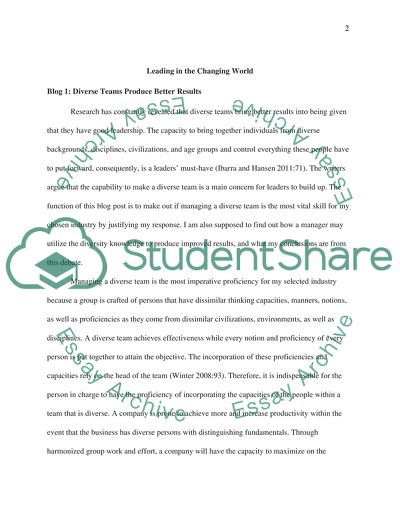Cite this document
(“Leading in the Changing World Essay Example | Topics and Well Written Essays - 3750 words”, n.d.)
Leading in the Changing World Essay Example | Topics and Well Written Essays - 3750 words. Retrieved from https://studentshare.org/social-science/1814484-leading-in-the-changing-world
Leading in the Changing World Essay Example | Topics and Well Written Essays - 3750 words. Retrieved from https://studentshare.org/social-science/1814484-leading-in-the-changing-world
(Leading in the Changing World Essay Example | Topics and Well Written Essays - 3750 Words)
Leading in the Changing World Essay Example | Topics and Well Written Essays - 3750 Words. https://studentshare.org/social-science/1814484-leading-in-the-changing-world.
Leading in the Changing World Essay Example | Topics and Well Written Essays - 3750 Words. https://studentshare.org/social-science/1814484-leading-in-the-changing-world.
“Leading in the Changing World Essay Example | Topics and Well Written Essays - 3750 Words”, n.d. https://studentshare.org/social-science/1814484-leading-in-the-changing-world.


